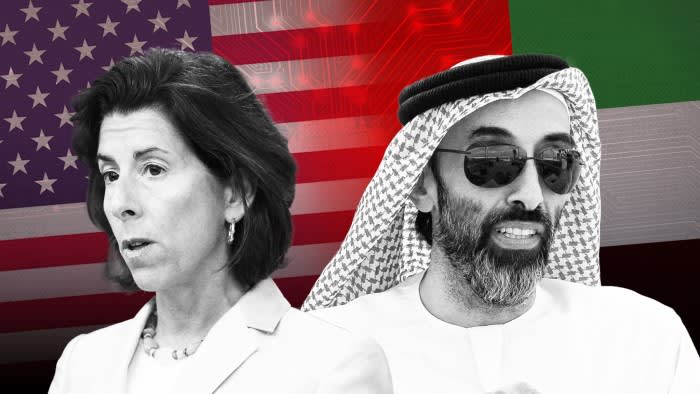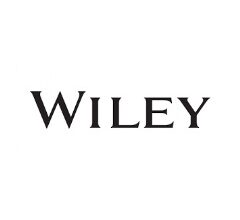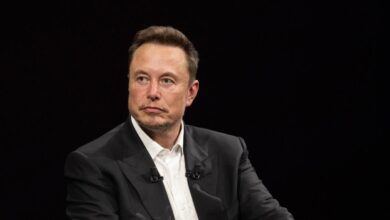US seeks alliance with Abu Dhabi on artificial intelligence

The Biden administration is proactively encouraging US tech groups to seek artificial intelligence deals and partnerships in the United Arab Emirates, seeking to cultivate an alliance that would provide it with an edge over China in developing the revolutionary technology.
This week, Microsoft announced a $1.5bn investment in G42, an Abu Dhabi-based AI group chaired by powerful Emirati royal Sheikh Tahnoon Bin Zayed al-Nahyan, representing the tech giant’s latest huge bet on AI.
According to people familiar with the discussions, the deal was finalised following a series of meetings over the past year brokered by the US government between investors and companies from the UAE and American tech companies including Microsoft, Google and OpenAI.
The talks are part of Washington’s efforts to achieve supremacy over Beijing in the development of artificial intelligence and other sensitive technologies.
Commerce secretary Gina Raimondo has been closely involved, a person briefed on the negotiations said, as the highest levels of the US government worked to develop closer ties between American tech groups and Abu Dhabi.
Another critical figure is Sheikh Tahnoon, the UAE’s national security adviser who also oversees a business empire and Abu Dhabi’s biggest sovereign wealth fund. He spearheads the nation’s burgeoning AI efforts as G42’s chair and was photographed presiding over the deal-signing with Microsoft.
The US-UAE meetings show how the fight to dominate emerging technologies has become geopolitical, as commercial decisions have become intertwined with national strategic and security interests.
Oil-rich Abu Dhabi has cultivated ambitions to deploy its vast petrodollar wealth to be at the heart of the global development of AI as it works to lessen its dependence on fossil fuels.
It has launched MGX, a fund dedicated to AI deals, and is also expected to spend billions on research and development through government organisations such as the Advanced Technology Research Council.
AI leaders, including OpenAI chief executive Sam Altman and chipmaker Nvidia’s chief executive Jensen Huang, have become regular visitors to the Gulf state.
Altman has travelled between the UAE and Washington this month, meeting government officials and investors to discuss how AI companies and governments in both countries can work together.
The OpenAI founder has discussed plans over an ambitious chip venture with Sheikh Tahnoon, seeking to raise billions of dollars to develop the semiconductors required to train and build AI models, according to people familiar with the discussions.
Altman has also met America’s ambassador to the UAE, Martina Strong and members of Congress and the US national security community to ensure there is enough energy, chips and data centre capacity to support the AI boom, according to a person with direct knowledge of the conversations.
While seeking stronger ties, US officials had previously expressed unease over the UAE’s use of Chinese technology, particularly Huawei’s 5G hardware, worried that China could use these networks to access information from an important US ally.
US lawmakers had scrutinised G42’s links to Chinese companies, over concern that the company could provide a route for US AI technology and Americans’ genetic data to reach the Chinese government and companies. G42’s chief executive Peng Xiao was born in China, studied in the US and is now a UAE citizen.
During a visit to Washington last year, Sheikh Tahnoon told his counterparts that he wanted to work towards a framework after Abu Dhabi took a “strategic decision” to focus on US tech, according to a person briefed on the UAE’s strategy.
“The UAE views data as the new oil,” the person said. “It realised that it had to find a new way to exist between the US and China because of US concerns about Chinese tech.
“They’ve since been having very productive conversations, with Raimondo in particular,” the person added.
Given the sensitivities around national security, approval for the G42-Microsoft deal took months of talks with government officials on both sides, two people close to the negotiations said.
One of those people said the deal involved G42 pledging to remove Chinese technology — most importantly, hardware built by Huawei — from its systems.
Xiao told the Financial Times late last year that it was cutting links with Chinese partners in order to prioritise relationships with US companies, saying: “We are in a position where we have to make a choice . . . we cannot work with both sides.”
The FT reported earlier this year that the group’s venture capital arm had also divested its Chinese holdings.
G42’s deal with Microsoft means it will have to abide by US regulations. The two have signed an “Intergovernmental Assurance Agreement”, which the companies said was drawn up in “close consultation” with Washington and Abu Dhabi.
“Both companies will move forward with a commitment to comply with US and international trade, security, responsible AI and business integrity laws and regulations,” G42 and Microsoft said in a statement.
Brad Smith, Microsoft’s vice-chair and president, told the FT the investment “reflects confidence by our company in the UAE as a country, in G42 as a company, and in Peng as its CEO”.
The Microsoft-G42 deal appears to be the start of a broader alliance between the US and UAE over AI.
The commercial agreement represents “a starting place to define the contours of the government-to-government co-operation and partnerships”, said a person familiar with the UAE’s thinking.
They added: “The UAE is not giving up on China tech and is working to manage that relationship, but there are going to be limits on the UAE’s ability to co-operate with the Chinese on tech.”
Additional reporting by Stephen Morris in San Francisco



